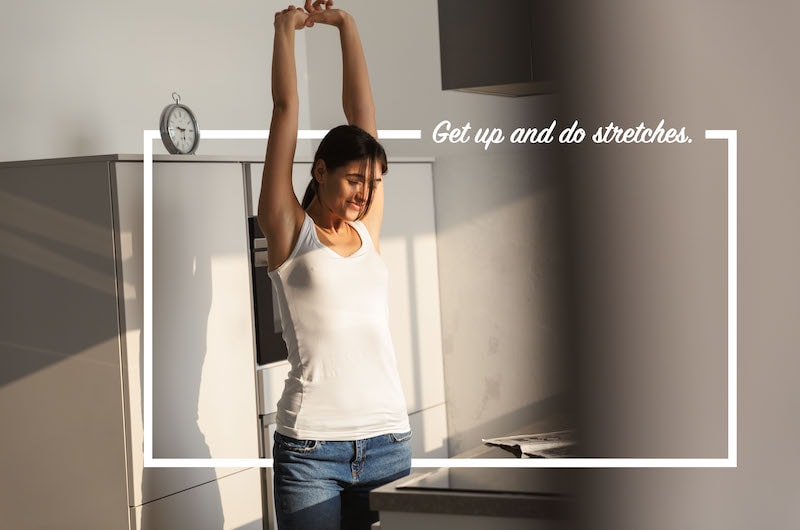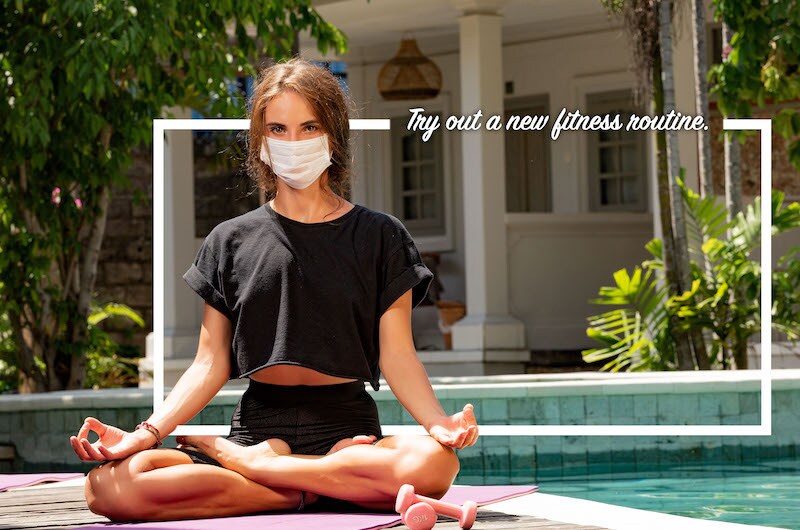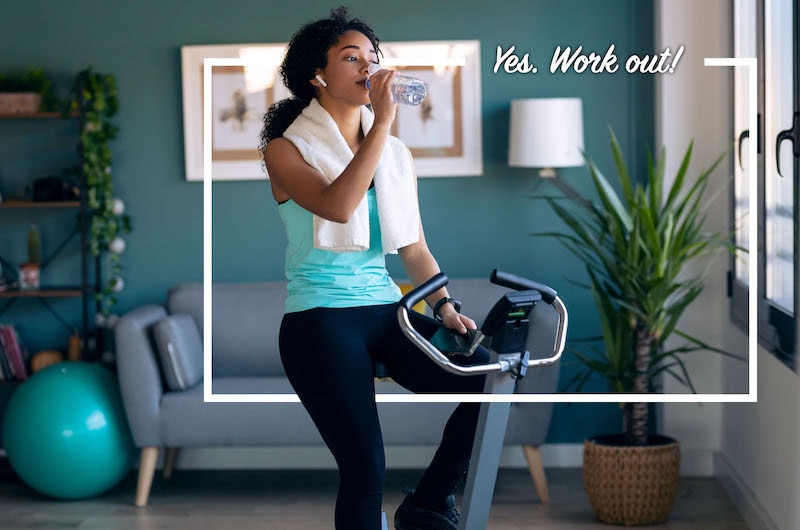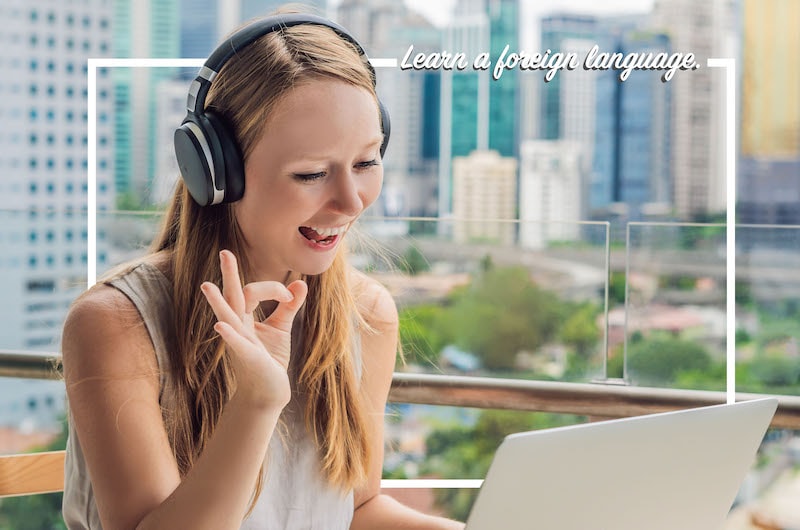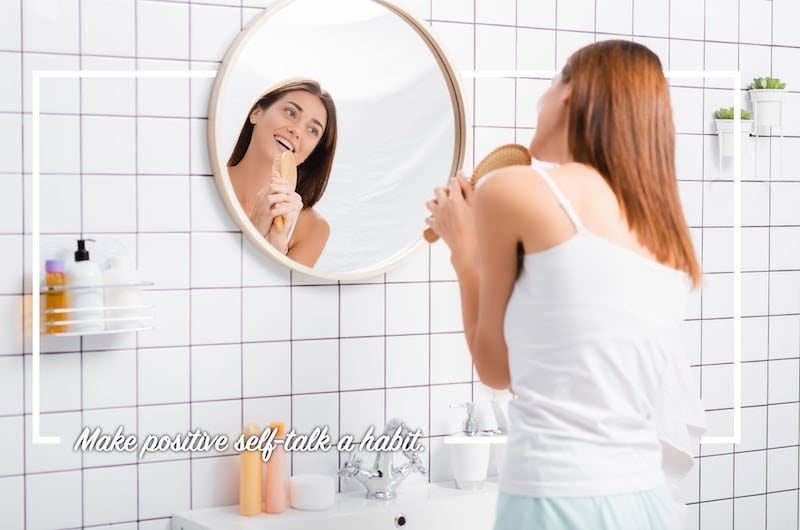It has been more than a year into the pandemic, and it seems like it's far from over. With the delta variant of the coronavirus threatening our new-normal lives, I have to say I'm preparing myself for another possible isolation lurking around the corner.
Have you been reporting to your workplace? Are you getting ready to accept working from home now that the pandemic has made it clear that it isn't going away soon? Are your children preparing to return to school? The changes that accompany the start of the school year and the shift into fall introduce fresh stressors into our lives – regardless of the circumstances at home. You can take action to address adjustments and the emotional roller coaster that may occur even now. When you make a consistent strategy to take care of yourself, you are more ready to avoid burnout, deal with stress, and assist your family in adjusting to any disruptions in everyday life that the pandemic may bring your way.
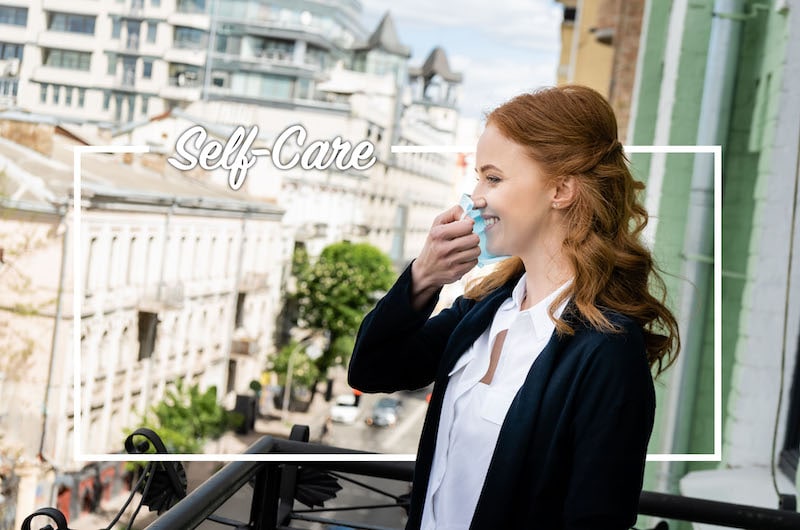
Self-Care
Self-care is more important than ever when taking care of our mental health and overall wellness. Self-care is not unethical, especially at this time of great stress and anxiety. Concentrating on what sustains us, on what gives us significance, is part of relieving those sentiments and providing us with a more stable basis.
Self-care can encompass a wide range of activities you love while also benefiting your physical, emotional, mental, and spiritual well-being. The World Health Organization defines self-care as actions you invest in to take care of your own health. These behaviors can include hygiene, nutrition, sports, exercise, leisure activities, obtaining professional healthcare services when necessary, and so much more.
According to a poll, more than half of American adults believe that worrying about COVID-19 has a detrimental influence on their mental health. As many of us confront an indefinite amount of time on virtual work and learning and continual restrictions on the activities and social connections we love, mental health difficulties are likely to escalate. The measures we undertake to halt the virus's spread enhance isolation, the possibility of a loss of employment, and financial strain. We may also be apprehensive because we are concerned for our families and friends and the uncertain conclusion of the pandemic.
We've compiled a list of self-care recommendations to boost your well-being at any time — while also allowing you to feel less overwhelmed and tougher on anxious days like today.
Eat Healthily
The food we eat has the capacity whether to maintain our bodies active and awake or to lead to other health issues. With the pandemic still in full effect and companies still either completely operational or reverting to flexible hours, now is an excellent time to experiment with new dishes you've been longing to try. Prepare your grocery list so that you have the essentials for nutritious meals on hand.
Make a Phone Call to a Family Member or Friend
Many studies are linking social contacts to mental and physical well-being and living a better lifestyle. According to one study, high-quality, personal relationships and emotions of social relationships are so strongly linked to various advantages that they should be deemed a community health priority. Make a strenuous effort to yourself, and maybe even make a routine for catching up regularly.
Get Up and Do Stretches
When you consciously make a shift, such as rising and stretching, your mind notices the difference and responds positively. Take it a mini-break for both the body and mind. For a hip-opening stretch, try standing up and stretching your arms far above, bending over to touch your feet, or sitting on the floor in a cross-legged stance. If you work from home, which most of us do, invest in a standing desk. Sometimes known as a stand-up desk, a standing desk is a desk designed for working or other desk activities while standing up or sitting on a high stool. IT also comes in a height-adjustable version wherein you can modify it from sitting to standing and vice versa, whether via a crank or a button.
FlexiSpot envisions, designs, and implements ergonomic solutions to help individuals live a healthier and more productive life. Some of our best products for assisting you on your quest to better living include height-adjustable standing desks, ergonomic chairs, and under-desk bikes. Take advantage of the benefits of standing up and doing basic tasks to keep your body, blood, and mind moving smoothly and pain-free.
Try Out a New Fitness Routine
People are inclined to cling to what they know when it comes to exercise, but now might be the ideal time to get out of your comfort bubble - while you're still at home. As a result, you may feel less uneasy or like a newcomer while taking full advantage of enrolling in a new online class. Check out Zumba, boxing, and dance training as alternatives.
"Bathe" in the Forest
Shinrin-yoku, or "forest bathing," is a Japanese way that entails wandering in a wooded area and breathing deeply. Trees emit chemicals known as terpenes, which have been linked to the stimulation of the parasympathetic nervous system, which pushes your body into "chill out" de-stress mode. As per a study, forest bathing is so effective that it has been demonstrated to boost mental health by reducing depressive indicators.
Replace One Cup of Coffee with Decaf
According to a study published in Food and Chemical Toxicology, caffeine is one of the most studied chemicals, with over 10,000 investigations conducted to date. Not surprisingly, this has resulted in a wide range of findings, but a fairly constant one is that having too much would lead to less-than-ideal consequences, according to the experts. They point out that consuming more than 400 milligrams of caffeine per day can have an impact on your gastrointestinal system, central nervous system, and sleep quality. It can potentially heighten stress and anxiety. So, enjoy your cup of joe, but try to keep your daily intake to a minimum.
Eat Intuitively
Rather than imposing stringent rules on what meals are off-limits on yourself, consider intuitive eating. This is not so much a diet as it is a method of eating that focuses on giving your body the nutrients it needs whenever it needs it. Intuitive eating does not impose any restrictions on foods or require you to track calories. It is a discipline in which you listen to your body and focus on what you need at the time. You eat when you're hungry, and you halt when you're full.
Yes. Work Out!
Spending extra time at home does not entitle you to become a couch potato. Regular exercise not only keeps your body healthy physiologically (reducing your incidence of chronic health issues and acute illnesses like COVID-19), but it also improves your attitude and well-being. Exercise improves concentration, produces endorphins (feel-good chemicals), and improves sleep. Physical activity also increases energy, lowers the risk of mood disorders, and enhances mood overall.
If you think you don't have too much time to work our on top of working from home and making the kids' lunches, consider using an under-desk bike. Even when you're working, you can multitask when doing work and cycling on your under-desk bike. This will keep you awake and engaged while you're losing some of those extra pounds. Click here to see which one may work for you and your home space.
Learn a Foreign Language
Learning a few phrases in a different language can help you get in the mood for a holiday. Alternatively, take considerable time mastering a language in which you already have some expertise. It's another method to stretch your mind while also honing a useful skill. According to one study, language acquisition may encourage healthy cognitive aging and may even help to prevent the onset of dementia.
Make Positive Self-Talk a Habit
The "self" portion of self-care is vital, as it encompasses how you see yourself and, more vitally, the language you use while talking to yourself. Acknowledge the minor things you complete throughout the day and remember to tell yourself that you did a great job, whether it's making time for exercise, a work task, or remaining patient when disciplining your child. Positive self-talk can help you appreciate your daily accomplishments. It may seem strange at first, but your brain will absorb the self-care awesomeness, and research suggests that it can help you start to shift your feelings and thoughts in a more positive direction.
In the middle of the worldwide pandemic's new and ongoing chapters, the need to care for our health is critical because navigating this new normal is not as smooth as we'd like. Support is nice, but nothing compares to the type of support we get from our own resilience through the many things happening today.



